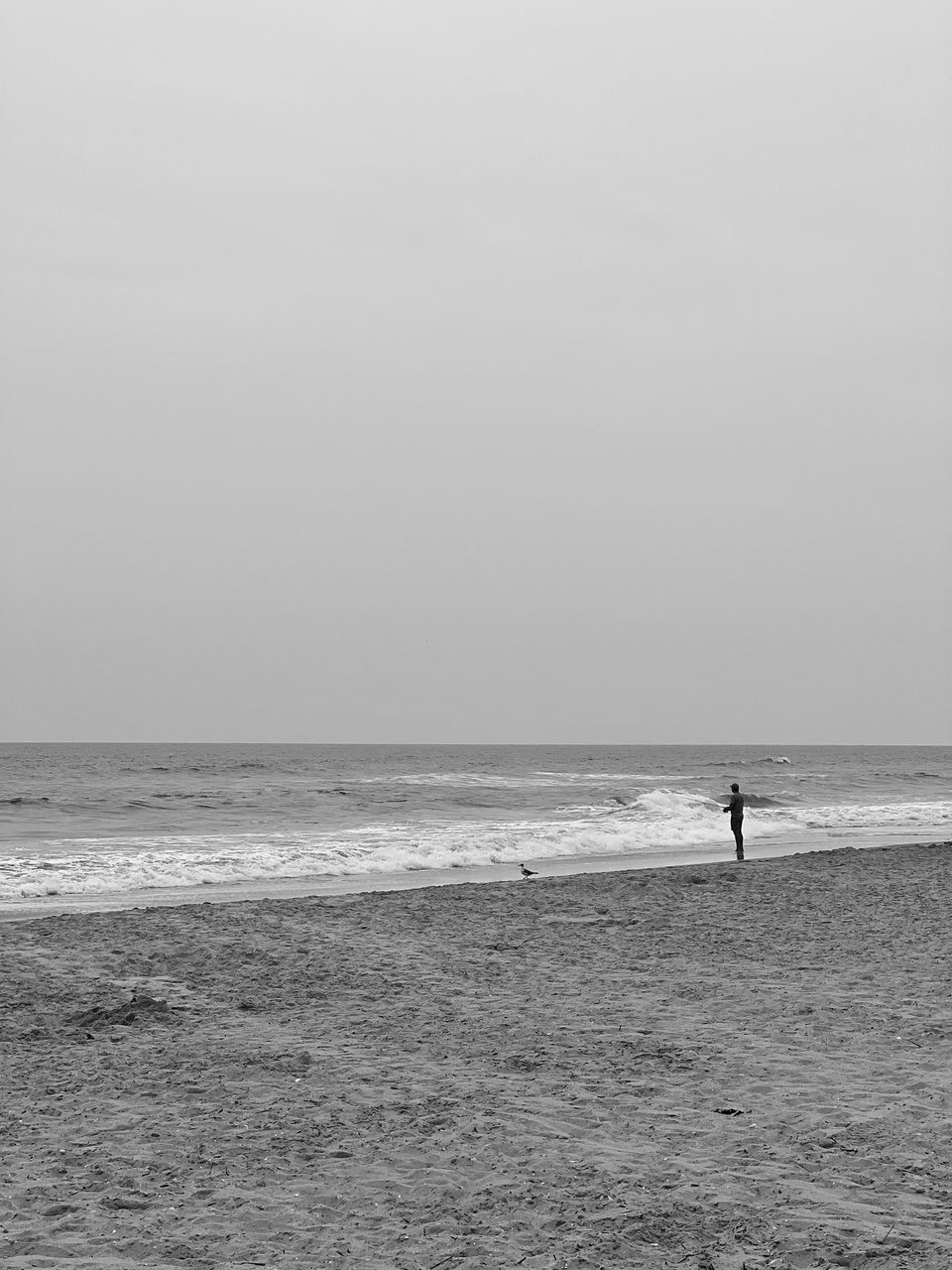It appears I have broken the rule of "about 500 words," as what resides below this photograph is three times that. While enjoying the overcast weather, I seem to have gotten a bit carried away and have rambled significantly. The TLDR of it: I agree with Manu's statement that "the never-ending quest to make everything accessible to everyone" is destroying what makes nature so special. Rather than look at accessibility from a point of infrastructure, I instead believe the first step should be cutting cellular service (i.e., banning phones) in an attempt to get people to better connect with themselves and the natural world around them.

I’m sat here, thinking about Manu’s missive from yesterday, particularly when he said, “…but sadly, in our never-ending quest to make everything accessible to everyone, we have slowly turned secluded peaks into tourist attractions, easily reachable by cable car in exchange for money.” This made me ponder the idea of access and it’s role in the natural world, at which point my brain followed Alice and down the rabbit hole we went.
To think about access, we — at least those of us in the United States — must decide whether we are discussing public or private land, as there’s quite a bit of difference. Allow us to use the beach, where I currently am, as example. Despite being deemed “public land,” you must pay for a beach tag — between $10 and $35 depending on how long the pass is good for — or else you are told, not asked, to leave the beach. This, as well as the definition of “public land” — land that is “owned and managed by a government entity — conflicts with the idea of something being public, “open to or shared by all the poeple of an area or country.” To make this all the more confusing, both a city park and a beach are considered public land, but only the latter charges you a fee while the other runs off of tax revenue.